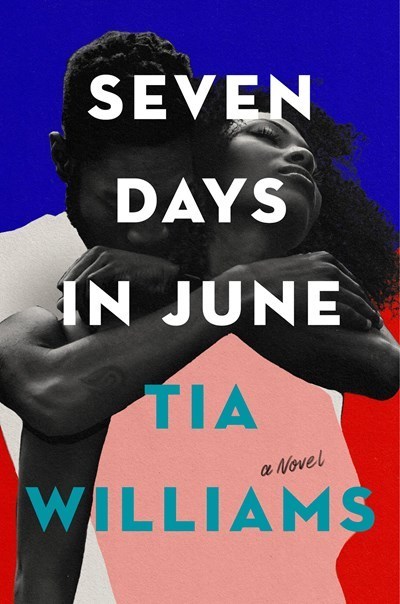After her blockbuster debut novel, Red, White & Royal Blue, author Casey McQuiston returns with another queer romantic comedy—with a time slip twist. One Last Stop is a delightful speculative tale that follows August Landry, a somewhat cynical mystery lover who finds the ultimate puzzle in Jane, a punk-rock lesbian she keeps encountering on the subway.
August was raised by her single mom, who was obsessed with the disappearance of her brother, August’s uncle. Their loving but co-dependent relationship is complicated, to say the least. August sees New York City as the perfect place to strike out on her own, a bastion for loners and cynics like herself. But the city has other plans, and August immediately finds her people in the form of three supportive and vibrant roommates. The only thing that’s missing is romance, which she doesn’t expect to find anytime soon.
ALSO IN BOOKPAGE: Casey McQuiston on what comes next after coming out.
Then she spills coffee on herself on the Q train, and like a knight in shining armor, Jane approaches with a red scarf to hide the offending stain. August knows that moments shared with strangers on public transit are fleeting, but she can’t stop thinking about Jane and whether she’ll ever run into her again.
Well, she does—again and again—because Jane is stuck. A queer activist from the 1970s, Jane has been displaced in time and is now trapped in the same car of the same subway line, with limited memory of who she was or how she wound up there. All she has are the contents of her backpack. It’s a surreal and scary situation, but at least there’s August, the tenacious and cute woman she keeps meeting. Attraction inevitably grows between them, but how can you fall in love with someone who isn’t from your time and is literally stuck on the subway? It’s a problem August is desperate to solve.
If you’ve ever had the pleasure of traveling to NYC during the warmer months, you’ll recognize the particularly fervent summertime energy that One Last Stop exudes. The air is thick with humidity and endless possibilities. McQuiston infuses charm into every detail, from the creaks and hisses of a subway train pulling into a station to the shine and grandeur of the New York skyline.
This is a book of hope and love and self-discovery. August is just this side of prickly, and she possesses a cautious sense of reservation. Deep down, she’s scared of being disappointed by those she lets into her heart. She’s a perfect foil for Jane, who is unapologetic and confident.Every scene between them will make the smile on your face grow wider. The speculative twist of a time slip adds angst to August and Jane’s seemingly meant-to-be pairing, giving One Last Stop higher stakes and making it feel more propulsive than other city-set contemporary love stories.
Bursting with heart, snappy banter and a deep respect for queer history and community, One Last Stop isn’t just another surefire hit for McQuiston. It also might be the best read of the summer.


























